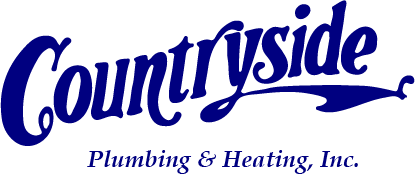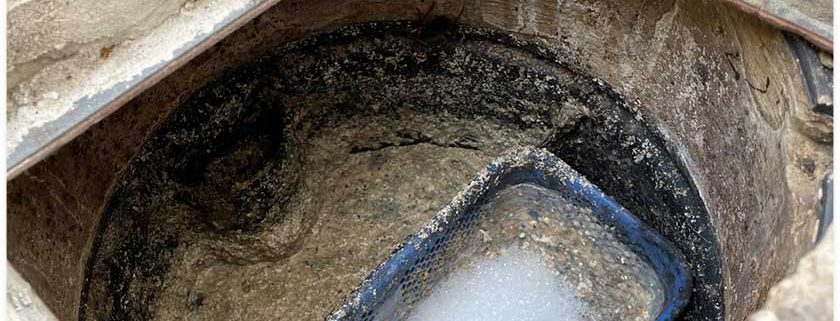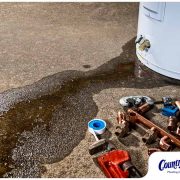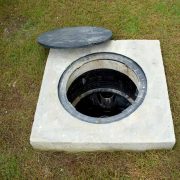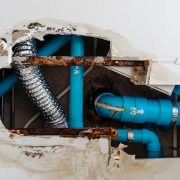Why Do Commercial Kitchens Need Grease Traps?
A grease trap is a receptacle into which wastewater flows before entering the drainage system. It’s responsible for intercepting most greases, fats and solids while allowing water to proceed through. In this post, a trusted plumbing and radiant heating contractor discusses the importance of grease traps, especially in commercial kitchens.

The Importance of Grease Traps
Oftentimes, wastewater contains small amounts of oil and grease particles that reach the water supply via septic tanks and treatment facilities, ultimately forming a layer of scum. While it’s expected that microorganisms will break down the floating scum layer over time, large volumes of high-viscosity fats and cooking grease from food preparation in commercial kitchens can often overwhelm a septic tank or treatment facility. If the scum layer is pushed into the drain field, it will clog that component of the septic system. Even worse is when untreated sewage is released into the environment.
How Grease Traps Function
When wastewater from a commercial kitchen sink enters the grease trap, the food particles sink to the bottom, while grease and oil float to the top. Then the grease-free water is delivered to the septic system. The solid food at the bottom and grease and oil floating on the top must be removed by a plumbing and electric heater expert from time to time to prevent buildups that can block the outlet pipe.
How to Maintain Grease Traps
It’s critical that you thoroughly clean the grease interceptor in a timely manner to eliminate costly problems down the road. In fact, in addition to improper pumping techniques, lack of maintenance services will mainly cause clogged grease traps and overflowing plumbing lines, not to mention allow the strong, pungent smell of grease to permeate the establishment.
Countryside Plumbing & Heating, Inc. is staffed with professional, experienced plumbers and HVAC technicians who are committed to delivering the comfort and convenience that you expect. Learn more about plumbing, air conditioning or furnace prices by calling (715) 246-2660 or filling out our convenient contact form.
